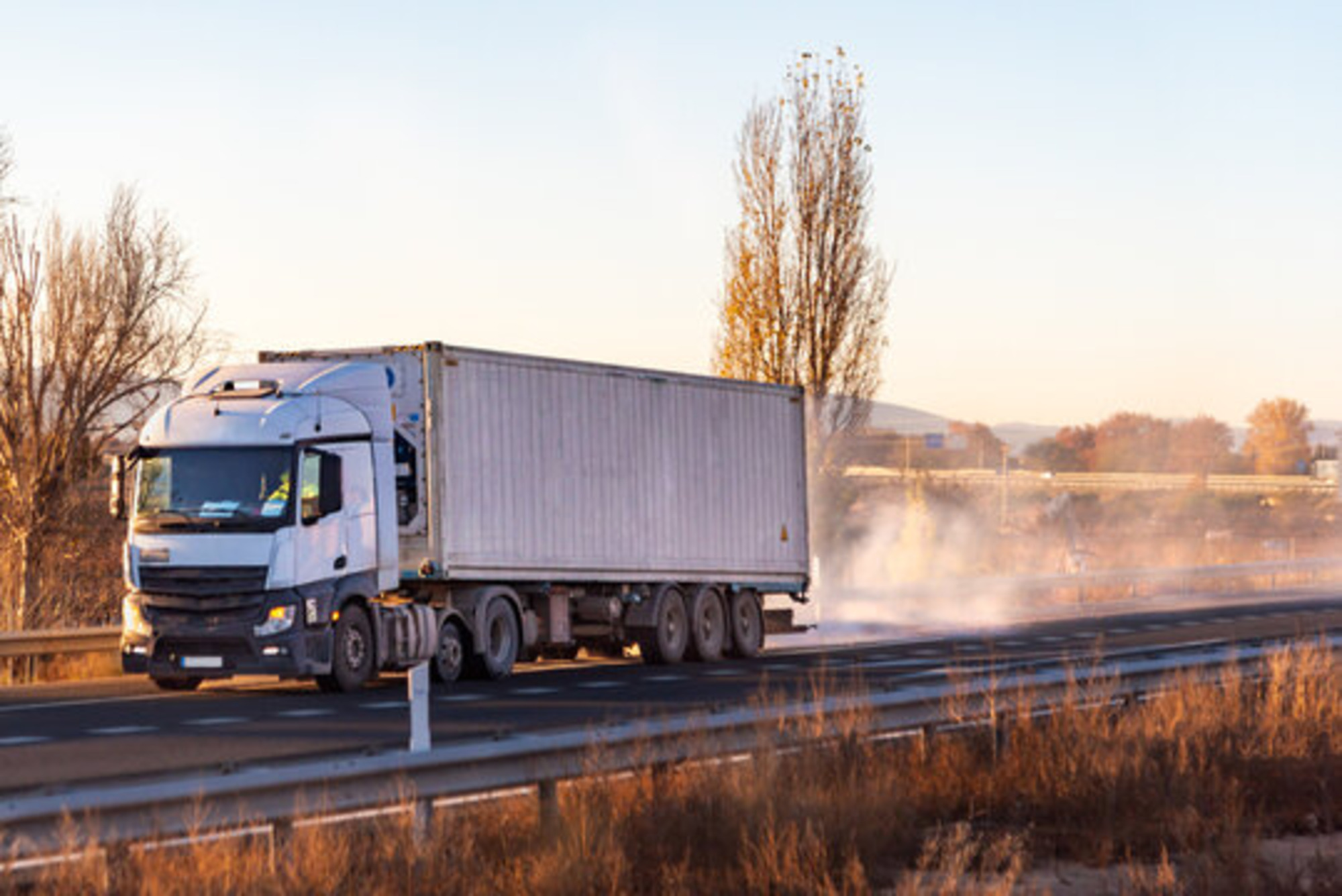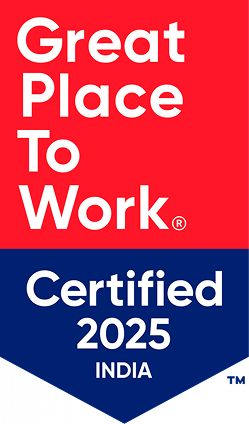
In the push toward sustainability, understanding Scope emissions is essential—especially for businesses in the logistics and supply chain sectors; as it is among top polluting industries of the world. Scope emissions are a type of emissions that an organisation creates for its own operations. As the Greenhouse Gas Protocol itself puts it: “Developing a full [greenhouse gas] emissions inventory – incorporating Scope 1, Scope 2 and Scope 3 emissions – enables companies to understand their full value chain emissions and focus their efforts on the greatest reduction opportunities”.
Emissions reporting is now a vital part of climate accountability, and companies are expected to monitor and reduce their carbon footprint across all operations.
But what exactly are Scope 1, Scope 2, and Scope 3 emissions? And more importantly, how can solutions like container reUse or container triangulation help businesses cut down on the most challenging type—Scope 3 emissions?
Scope 1 Emissions: Direct Emissions from Owned Sources
Scope 1 emissions are the most straightforward. These are direct greenhouse gas (GHG) emissions from sources that a company owns or controls.
Examples include:
-
Fuel combustion from company-owned trucks or vessels
-
Emissions from generators or heating equipment
-
On-site manufacturing emissions
For example, when a logistics company’s fleet burns diesel fuel, those emissions are counted as Scope 1.
Scope 2 Emissions: Indirect Emissions from Purchased Energy
Scope 2 emissions are indirect emissions from the generation of purchased electricity, steam, heating, or cooling consumed by the company.
Although the company may not generate this energy, it is still responsible for emissions caused by its energy consumption.
In logistics, this might involve emissions from electric forklifts, refrigerated warehouses, or IT infrastructure running on grid power.
Scope 3 Emissions: Indirect Emissions from the Value Chain
Scope 3 emissions are the most complex and often the most significant. These are all other indirect emissions that occur in a company’s value chain, both upstream and downstream.
Examples include:
-
Emissions from third-party transportation and distribution
-
Waste disposal
-
Business travel
-
Purchased goods and services
-
Use of sold products
In the logistics and supply chain sector, Scope 3 emissions account for a large majority of the total carbon footprint. These emissions are often beyond a company’s immediate control, making them difficult to measure and reduce—but not impossible.
How MatchLog Helps Businesses Reduce Scope 3 Emissions
At MatchLog, we understand the urgent need for sustainable logistics solutions that go beyond token gestures. Our tech-driven model focuses on container reUse and container triangulation to reduce unnecessary transport, emissions, and waste.
Here’s how we help our partners cut down Scope 3 emissions:
-
Container Triangulation to Avoid Empty Trips:
Empty container movement is one of the biggest challenge and inefficiency in the logistics industry.When containers return empty after destuffing, they waste fuel, time, and money—while adding avoidable CO₂ to the atmosphere.
-
Fewer empty miles traveled
-
Reduced fuel consumption
-
Lower third-party transport emissions (Scope 3)
-
-
Route Optimisation to Travel Shorter Distances
Our platform uses AI-powered route Optimisation to help partners choose the most fuel-efficient, time-saving paths.
-
Fewer kilometers driven
-
Lower fuel usage and transport emissions
-
Minimized emissions from subcontracted carriers
-
-
Maximised Container Utilization
MatchLog’s system ensures best container utilization, minimizing waste in logistics flow.
Why It Matters
Scope 3 emissions can make up to *90% of a company’s total emissions. Addressing them is crucial for any organization serious about climate impact. With MatchLog’s container reUse ecosystem, businesses can:
-
Cut costs and increase revenues
-
Improve operational efficiency
-
Meet regulatory and investor expectations
-
Lead the shift toward green supply chains
Ready to Reduce Your Scope 3 Emissions?
As the logistics industry moves toward a more sustainable future, container ReUse stands out as a simple yet highly effective practice that benefits both businesses and the environment. Partner up with MatchLog to reduce waste, cut costs, improve efficiency, and support the circular economy, while taking significant strides in sustainability. If you are ready to make not just the responsible but smart decision for your business then connect with us through email support@matchlog.delivery or contact us- 1-800-309-9887.

